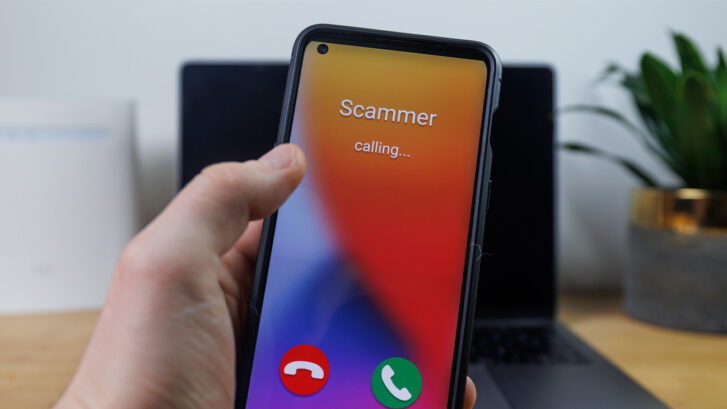Understanding and Combating Scam Likely Calls
In today’s digital age, one of the most persistent nuisances for mobile phone users is the barrage of scam calls. These unwanted intrusions are not just annoying; they pose serious security risks, leading to financial loss and identity theft. To help you navigate this landscape, we’ll delve into what scam likely calls are, how they operate, and how you can protect yourself using tools like YouMail.
What are Scam Likely Calls?
Scam likely calls are phone calls that are flagged by your carrier or a call-blocking app as potential scams. These calls often come from fraudsters pretending to be from legitimate organizations, such as banks, government agencies, or well-known companies, with the aim of deceiving you into revealing personal information or making payments.
How Scam Likely Calls Work
Scammers use various tactics to make their calls seem legitimate:
- Spoofing: This technique involves changing the caller ID to make it appear as if the call is coming from a trusted source.
- Phishing: Scammers attempt to extract personal information by posing as representatives from reputable organizations.
- Robocalls: Automated calls that deliver prerecorded messages designed to trick you into engaging with the scammer.
Known Safety Threats from Scam Calls
- Financial Fraud: Scammers often request credit card numbers, bank details, or other financial information.
- Identity Theft: By obtaining personal information, scammers can steal your identity and commit various forms of fraud.
- Phishing Scams: These calls attempt to extract sensitive information such as passwords or social security numbers.
- Malware Distribution: Some scam calls aim to direct you to websites that can install malware on your devices.
Protecting Yourself from Scam Likely Calls
1. Utilize Call Blocking Apps:
- YouMail: This app offers robust call-blocking features that help identify and block scam likely calls. YouMail also provides visual voicemail and transcription services, which can help you manage your calls more effectively and avoid scams.
- Features:
- Automatic Scam Call Blocking: Identifies and blocks known scam numbers.
- Custom Call Blocking: Allows you to block specific numbers or types of calls.
- Voicemail Transcription: Helps you review voicemails without listening to potentially harmful messages.
2. Register on the National Do Not Call Registry:
- The Federal Trade Commission (FTC) offers a free service to reduce telemarketing calls. While it may not stop all scam calls, it can significantly reduce the volume.
3. Be Cautious with Personal Information:
- Never share personal information over the phone unless you are certain of the caller’s identity. Legitimate organizations will never ask for sensitive information via phone calls.
4. Use Caller ID Features:
- Many carriers offer caller ID services that can help identify potential scam calls. Consider subscribing to these services for added protection.
5. Stay Informed About Common Scams:
- Keeping yourself updated about the latest scam tactics can help you recognize and avoid them. The FTC and other consumer protection agencies regularly publish information about new and ongoing scams.
How to Communicate Safely with YouMail
YouMail offers a suite of tools designed to ensure you communicate safely and securely. Here’s how to make the most of these features:
1. Call Screening and Blocking:
- Set Up Call Screening: This feature requires unknown callers to identify themselves before the call is connected. It helps filter out scam calls and ensures you only receive genuine calls.
- Enable Automatic Blocking: Activate automatic blocking for known scam numbers and high-risk categories.
2. Custom Voicemail Greetings:
- YouMail allows you to set up personalized greetings that can inform callers that their call is being screened and recorded, which can deter scammers.
3. Visual Voicemail and Transcriptions:
- Use YouMail’s visual voicemail to read transcriptions of your voicemails. This helps you avoid listening to suspicious messages and reduces the risk of falling for voicemail scams.
4. Second Phone Number:
- Consider using a second phone number for business or online activities. YouMail offers a second line feature that helps keep your primary number private and secure.
Conclusion
Scam likely calls are a significant threat, but with the right tools and practices, you can protect yourself and your personal information. YouMail provides comprehensive solutions to help you block scam calls, screen unknown callers, and manage your communications safely. Stay vigilant, stay informed, and leverage technology to safeguard your phone from scammers.





